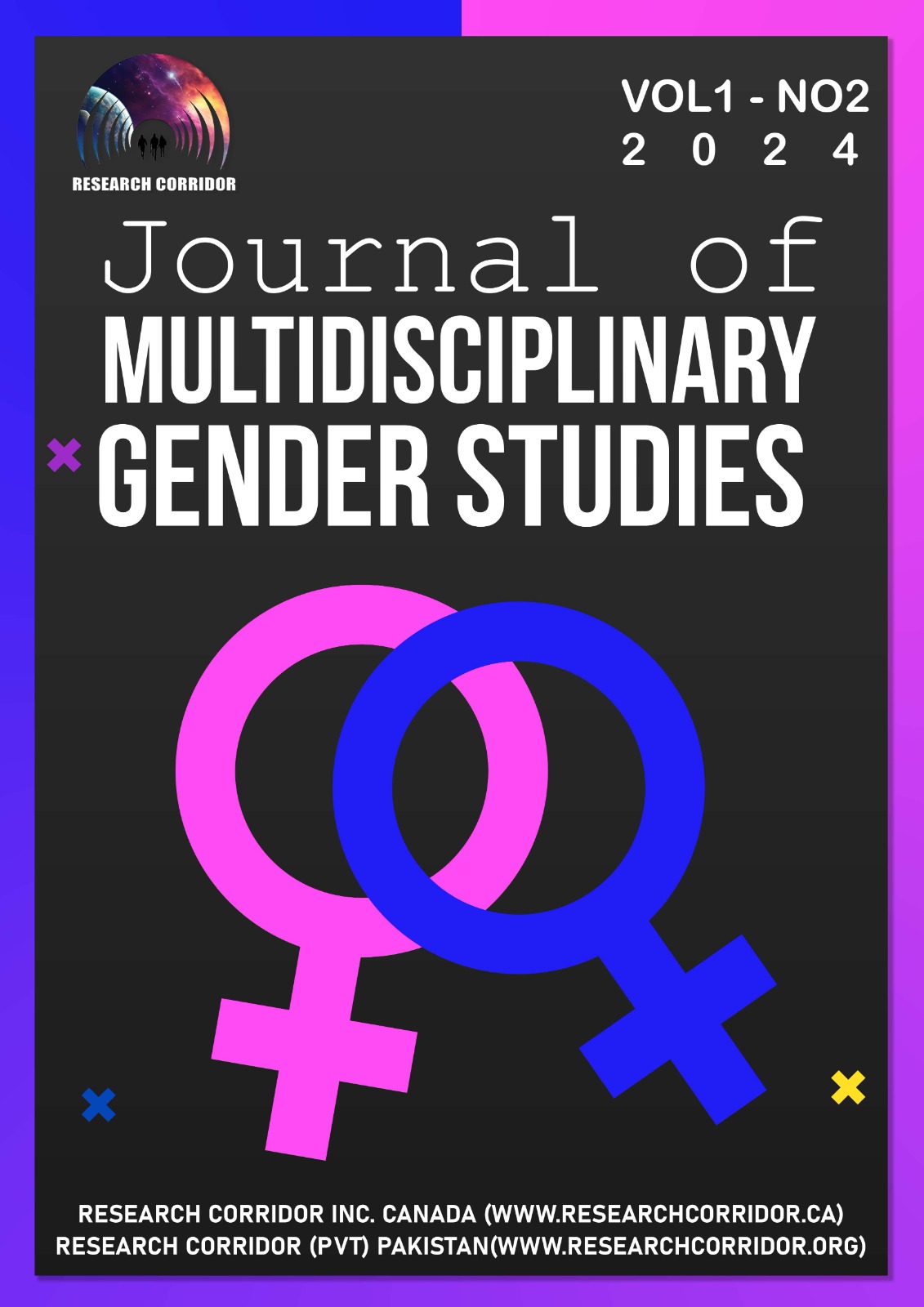Linguistic Gender Bias: Analyzing Gendered Language in Media and Politics
Keywords:
Linguistic gender bias, gendered language, media discourse, political communication, gender representation, discourse analysis, gender stereotypes, linguistic asymmetry, gender equity, critical discourse analysis.Abstract
Linguistic gender bias is a pervasive issue in media and political discourse, shaping public perception and reinforcing societal stereotypes. The way language is used to represent men and women in political narratives and media coverage often reflects deeply ingrained gender norms. This study explores gendered language in media and politics, examining lexical choices, discourse structures, and framing strategies that contribute to biased representations. Through a critical discourse analysis approach, the study investigates how linguistic asymmetries manifest in news reporting, political speeches, and public debates. The research highlights the frequent use of gendered adjectives, differential attributions of competence and emotion, and the underrepresentation of women in authoritative linguistic roles. Additionally, the study considers intersectional factors, including cultural and contextual influences on gendered discourse. Findings suggest that while media and political institutions have taken steps toward gender-inclusive language, implicit biases persist, shaping how male and female politicians are portrayed and perceived. The implications of these biases extend beyond representation, influencing voter attitudes, policy debates, and leadership opportunities. The study underscores the need for conscious linguistic choices that promote gender equity in public discourse. Addressing linguistic gender bias requires media professionals, policymakers, and the public to critically engage with language use and challenge stereotypes that perpetuate inequalities. This research contributes to the growing discourse on language and gender, advocating for more equitable and inclusive communication practices.





